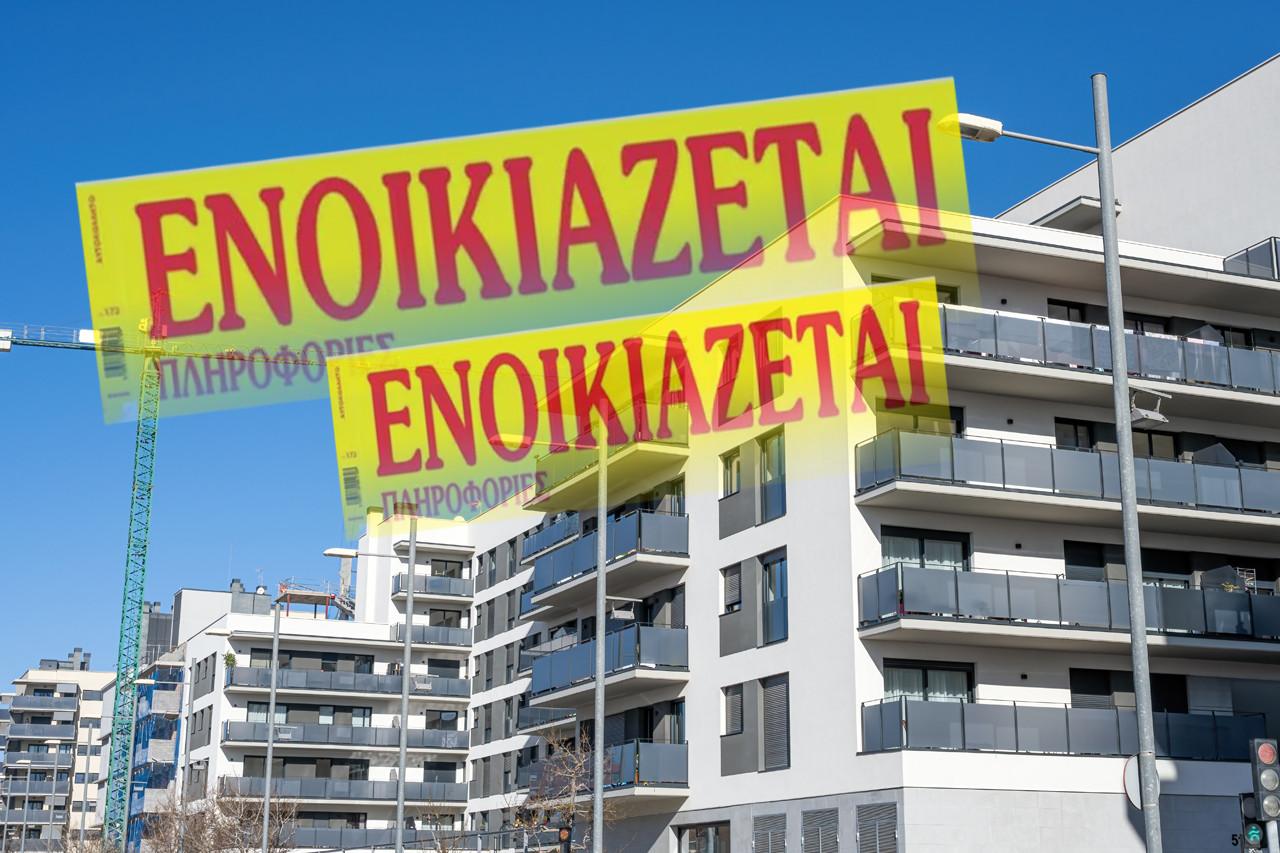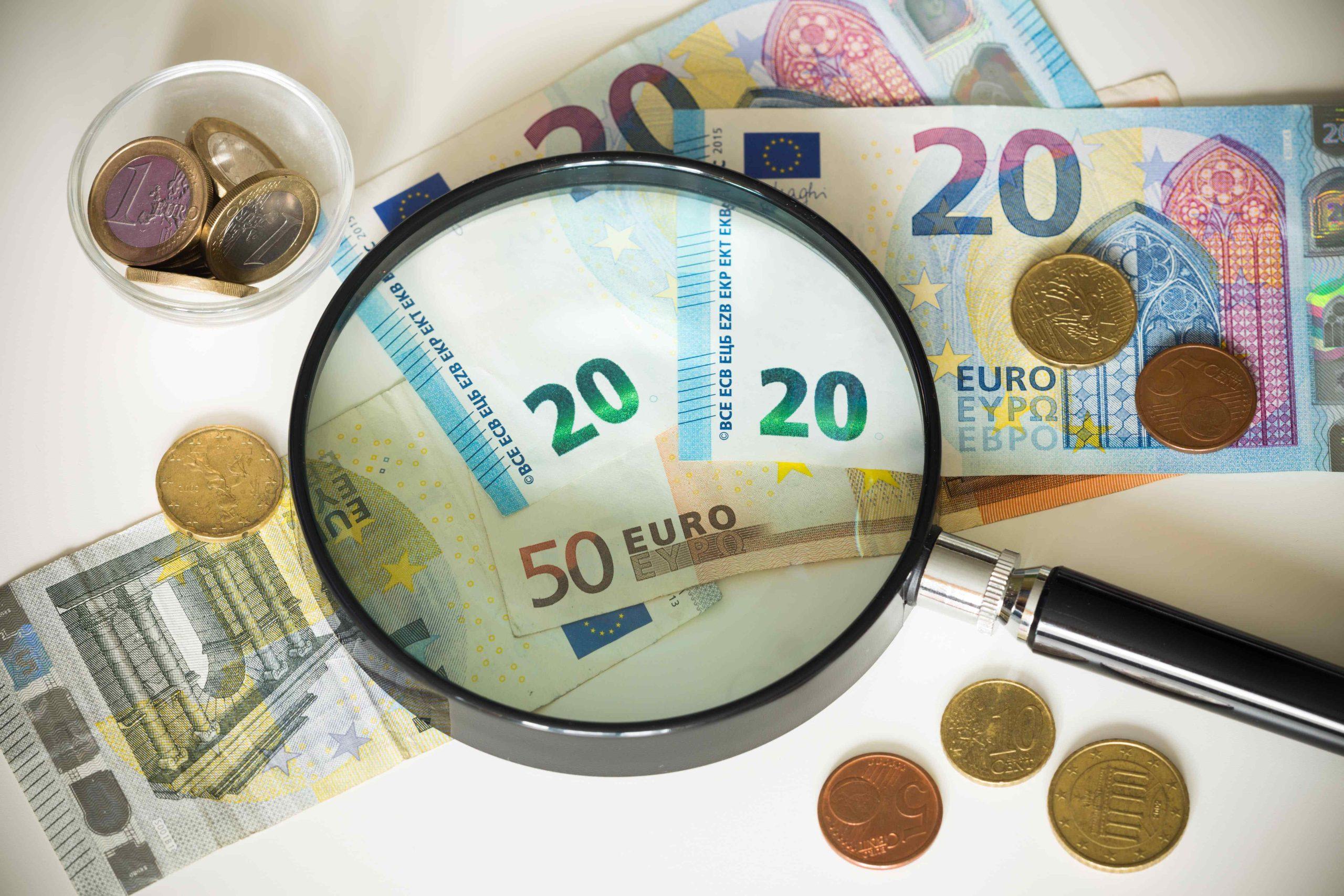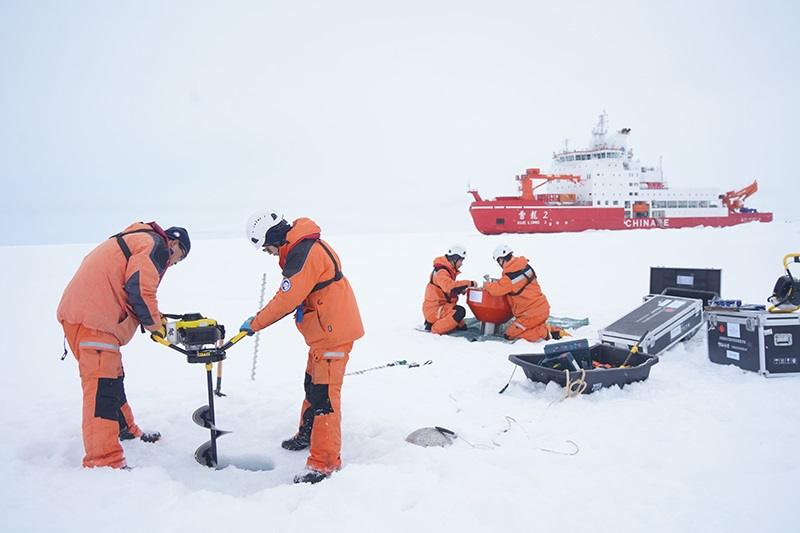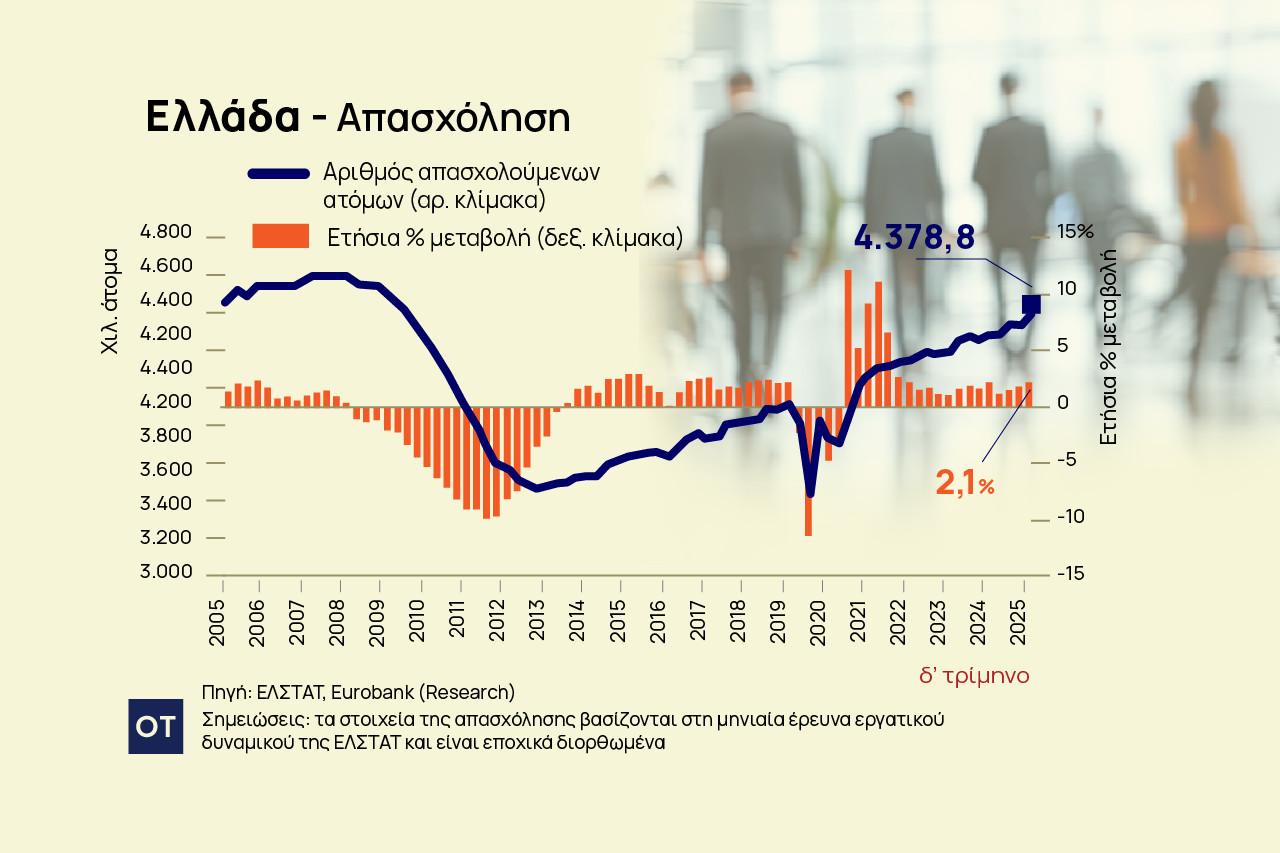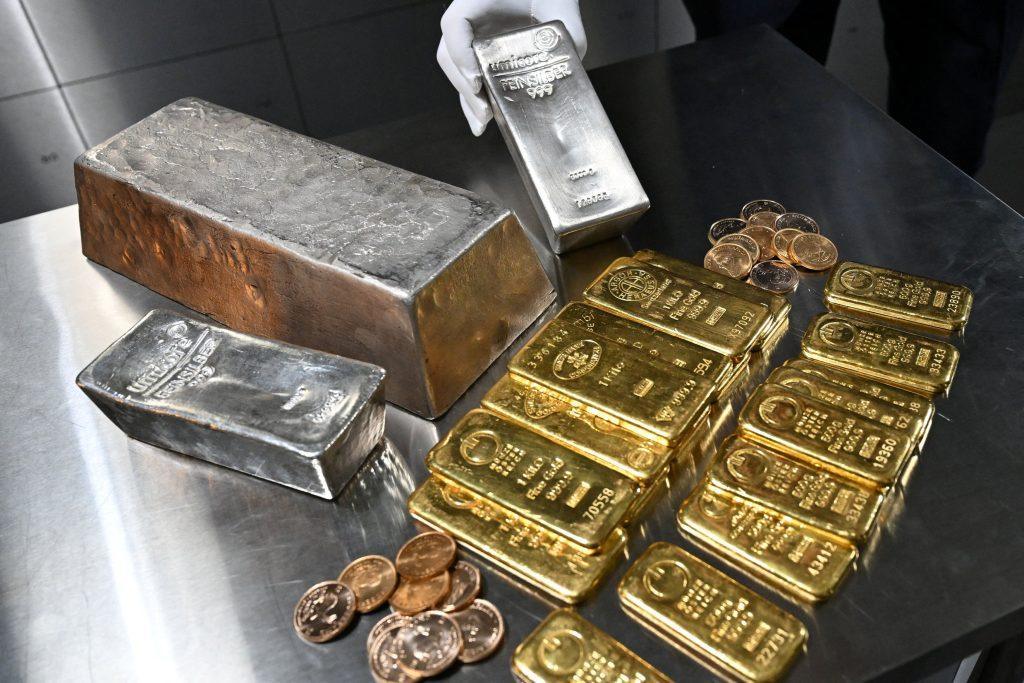The continuing rise in basic product prices, heating and electricity is impacting society and economy causing alarms for family and state budgets. Today’s revelations of the Greek statistical authority seem to officially record the fears for the tsunami of price increases in the month of January. Inflation is likely to rise to 6% from 2.2% in September, while Eurostat preliminary reports already showed an increase to 5.5% in January.
Inflated bills are already knocking on doors of households and businesses, and despite government assurances that support will continue, the pressure is mounting.
In addition to revenues, the increases are also burdening the state budget, as the course has deviated from the initial forecast of 0.8% for 2022. An example of the frantic course is that the Commission has more than tripled the forecast for average inflation this year to 3, 1%, without taking into account the second planned increase of the minimum wage.
What worries economists, international analysts and the government is the unknown factor of “duration”. It is a common European view that from estimates of “transient” inflation we are moving to inflation without a specific time horizon, which is fueled by international turmoil. So far, official forecasts show that the pressures will escalate from the second half of the year without taking into account any outbursts on the international geopolitical front.
The alarm will sound especially in the event of a long-term inflation spike, which will have potential effects on the growth trajectory of the Greek economy in 2022. This is also pointed out by economists – although so far the average estimates for 2022 growth are showing a strong recovery rate. From almost 8-9% of 2021 the economy is expected to grow at a speed of 4.5% -5% with the main reasons for this year the expected performance of tourism and the increase of investments due to the Recovery Fund.
The magnitude of the impact on the economy is blurred by uncertainty. Because the most important risk facing the Greek economy for 2022 is related to the impact of inflation on consumer spending and investment spending planning. According to Alpha Bank, the factors that are expected to determine inflation are a) the dynamics of the evolution of energy prices and b) the formation of the expectations of major economic players. In particular, the way in which both consumers and businesses expect prices to evolve in the future affects the way they spend, borrow and invest their money today.
The government has assured that it will continue the support and has put on the table the expansion of a support package targeting rising prices (mainly with electricity subsidies and not with VAT reductions). The opening of the further measures is placed from March where the final data for the GDP in 2021 will be announced – hence the ” breathing space” given by a larger than estimated growth (from 6.9% close to 8.5%) .
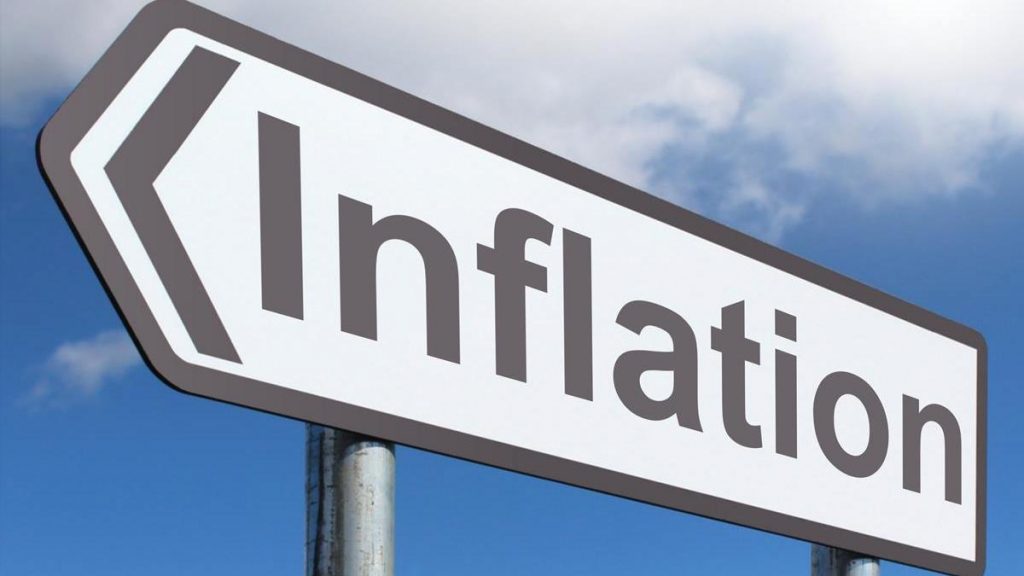


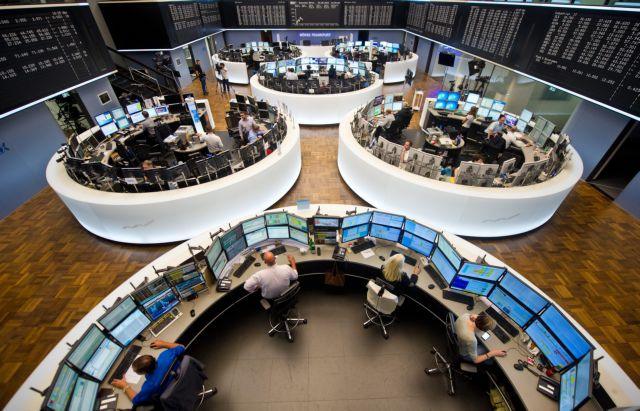









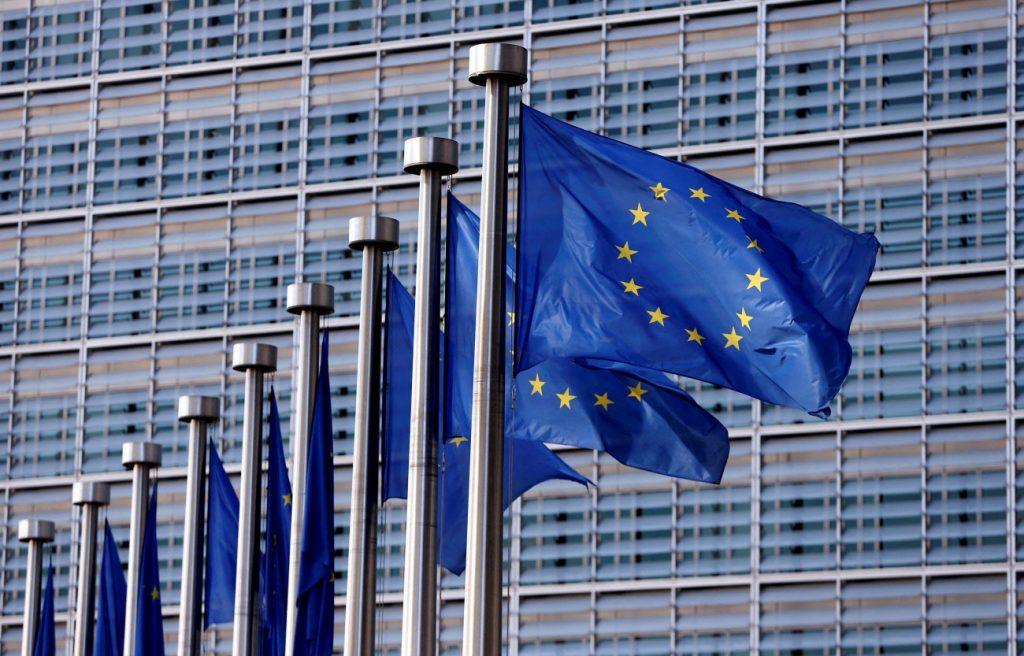
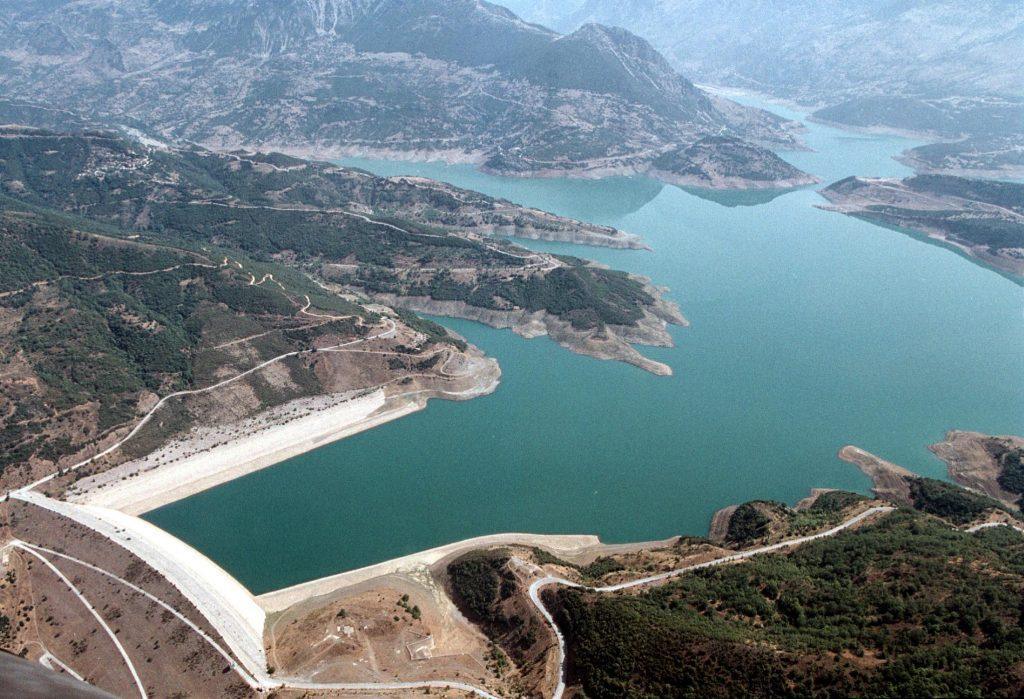

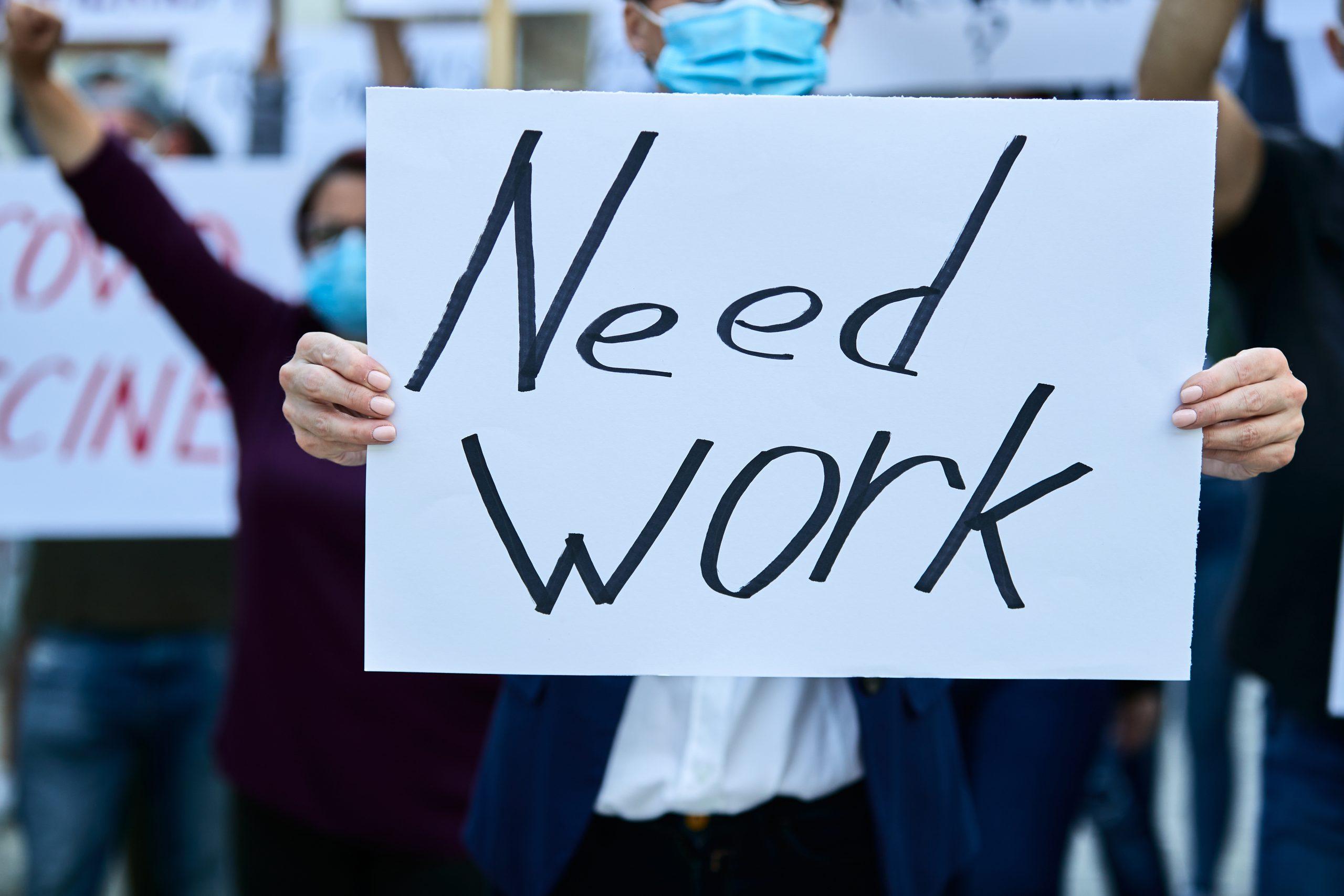


![Ακίνητα: Πώς επηρέασε τις τιμές η ενεργειακή κλάση και το έτος κατασκευής [πίνακες]](https://www.ot.gr/wp-content/uploads/2026/01/akinita-1-1024x682-1.jpg)



